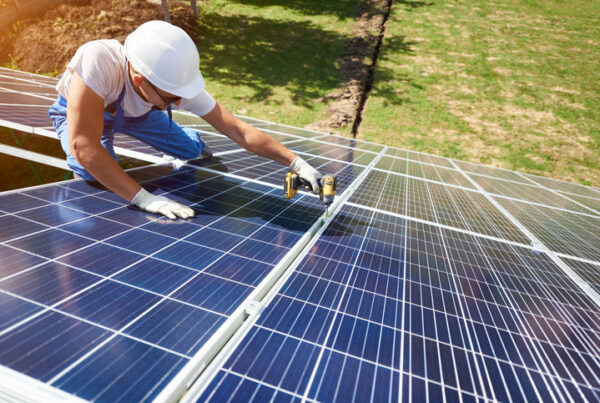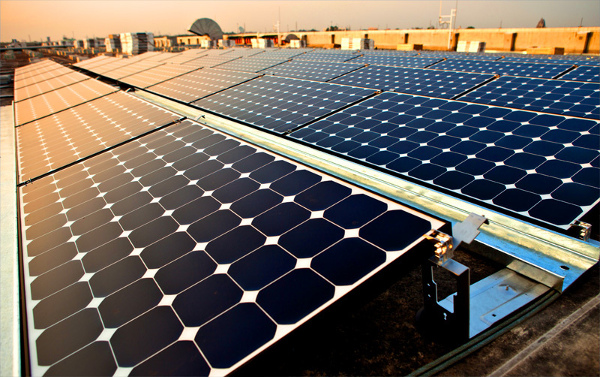As we enter 2024, many people set their sights on some new year challenges and resolutions. These goals can help people feel more motivated after the Christmas period. The most common resolutions tend to include joining a gym or partaking in dry January.
However, why not set your goals on something sustainable that can positively contribute to not just yourself?
Below is a list of the easiest day-to-day changes you can make as part of your 2024 sustainable goals.
Less Waste:
Water, Energy, and food. These are all areas where waste can be reduced. From stopping the tap as you brush your teeth, turning lights off as you leave a room, and portion control; these are effective methods to endeavour on your sustainable way of living.
Meal prepping can be a great way to ensure you do not overdo portions, leading to waste that contributes to greenhouse gas emissions. This is due to the water, plastic, and transport required for food production and disposal. So, the more that is wasted, the more damage is being done.
Meal prepping can also massively reduce the effort cooking may take after a long day, and help curb those takeaway cravings. Once again reducing harmful emissions.
Electricity can also be monitored easily. If you are not in a room, do not just leave the lights on for no reason. This will waste further electricity that places further strain on our climate.
Watching your water waste and unnecessary usage is also a great New Year’s goal. Water is a precious resource and one that should not be taken for granted. If exacerbated, this supply, production, and transportation will continue to have huge carbon emissions that contribute to the climate crisis.
Sustainable Travel:
Car sharing is a fantastic way to reduce your carbon footprint. Whether this be to work, the shops, or on the school run, taking one vehicle instead of multiple will decrease the amount of pollution in our climate.
Additionally, using alternative modes of transport, such as cycling, walking, etc will deeply help to combat this issue.
Furthermore, understanding the detrimental effects air travel has on the elevated levels of pollution, may inspire you to holiday locally, or take fewer flights than usual this year.
Less Meat:
The production of meat is vast and has many harmful waste implications. These environmental reasons are why some opt for the vegetarian or vegan diet.
At the start of January, trying something new such as a non-animal-based diet can be a worthwhile challenge. Especially if your reasons for this are environmental.
The New York Times has reported that meat production was the leading factor in causing greenhouse gas emissions. The Guardian echoes these statistics by showing figures of meat production contributing to up to 60% of harmful pollutes.
If meat is a staple of your diet that is of course your personal choice, yet thinking of using less, or having a meat-free day once a week, can be a great way to make your positive change for our climate.
Composting:
This home-based challenge can have a significant impact on reducing waste, as well as cutting methane emissions from landfills. This in turn will conserve water, which as stated above is crucial for numerous reasons.
Food waste can generate up to 8-10% of global greenhouse emissions, we can combat this through slight changes, such as composting.
UNEP Wildlife Chief Ms. Robinson states “We need to apply circular thinking in which life is sustained and things are continuously repurposed.” Composting is a great way to do so.
Shopping Second Hand:
The fast fashion industry massively contributes to climate change and waste production due to the large amount that is spent on creating new outfits and mass shipments.
This is due to the production of clothes using excess natural resources, as well as creating an enormous amount of greenhouse gas emissions.
The United Nations released statements highlighting that the fashion industry is solely responsible for 10% of global emissions. Charity shops, thrifting, and second-hand stores are the most useful ways to fight against this pressing issue.
Recycling old clothes and shoes will help decrease this never-ending production of clothing.
Your second hand shopping pledge in 2024 will aid this issue and push back against the fast fashion industry.
Use the Correct Energy Sources:
Finally, using renewable and sustainable energy. As a solar company, we understand the benefits of this change first hand. Please read some of our other articles linked below, to understand the importance of everyone going solar in order to meet the global 2050 climate pledge.
https://shop.sun-volt.co.uk/2023/12/clean-renewable-and-green-their-definitions-and-importance/
Sunvolt is always here to assist you further in any queries or questions regarding the solar world and electricity process.



